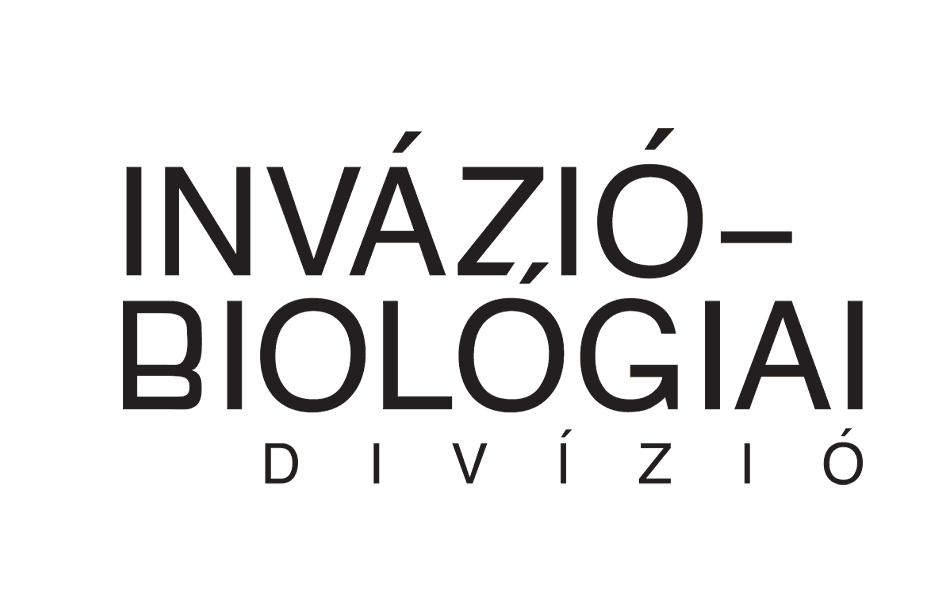Media
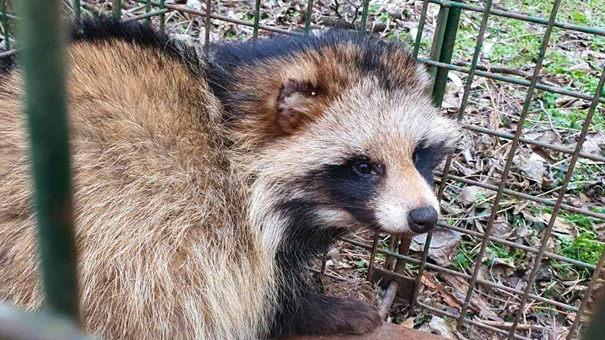
We can expect more and more aggressive invaders
Dr Krisztián Katona details the introduction and spread of invasive animal species in Hungary in a recent article of Demokrata.
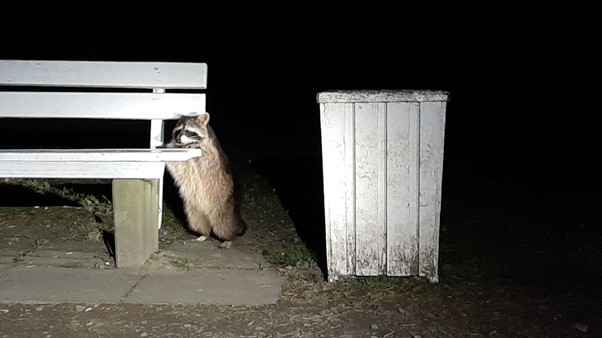
From bandit to an invincible conqueror
Dr Krisztián Katona discussed the expansion of raccoon and raccoon dog populations in Hungary, and the risks related to their spread, in Turista Magazin.
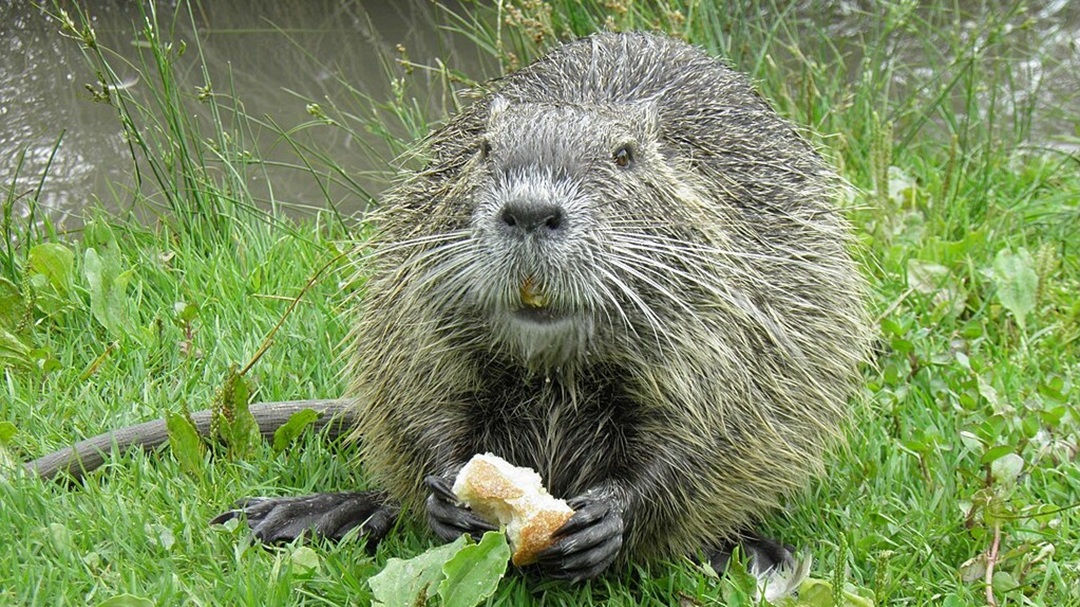
Alien animal species are on the rise in Hungary: their increasing number has required prompt action
Dr Krisztián Katona reported on the spread of nutria and raccoon populations in Hungary, in an article of Agrárszektor.
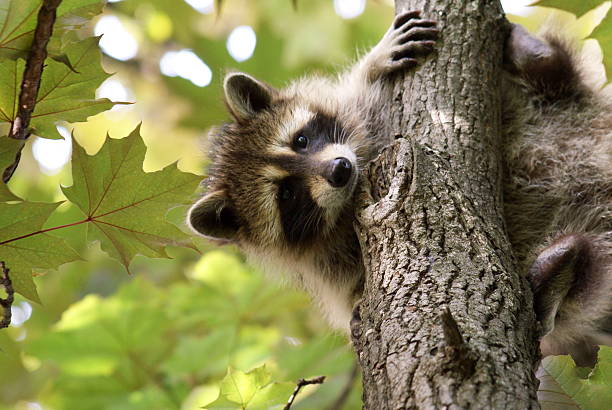
The raccoon in Hungary
Dr Krisztián Katona presented the situation of the raccoon in Hungary in the Természet Világa journal.
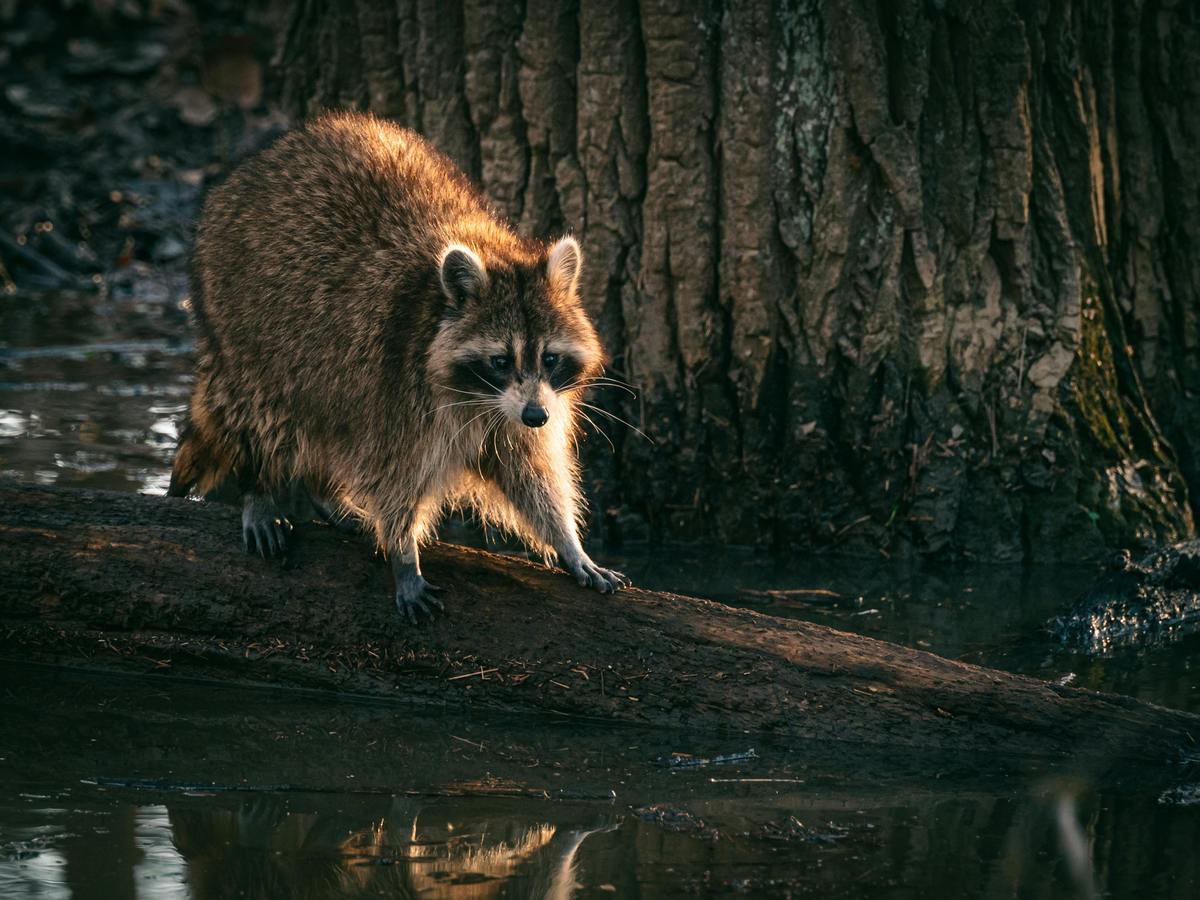
The role of invasive species in game management
In the Business Class programme of 90.9 Jazzy Radio, Dr. Krisztián Katona, associate professor of MATE, spoke about the role of invasive species in wildlife management.
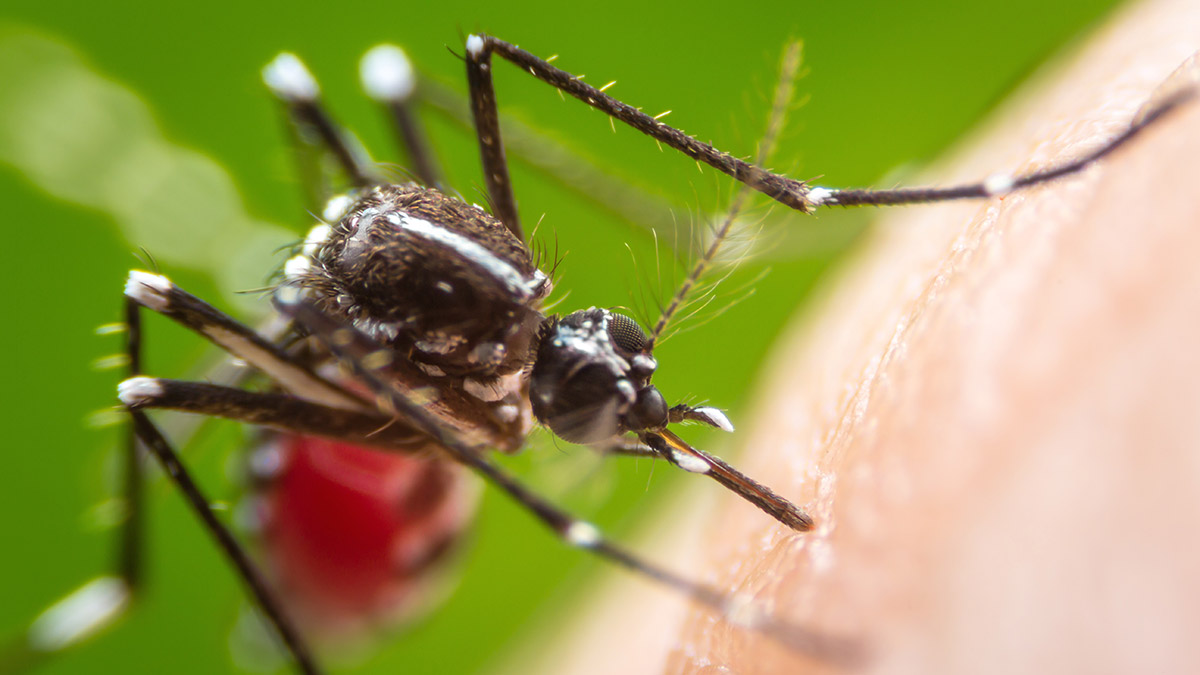
Probably not the invasive Asian tiger mosquito but an native species is responsible for West Nile fever in Hungary
The director general of the HUN-REN Ecological Research Centre, biologist Zsolt László Garamszegi, lead researcher of the Mosquito Monitor programme, […]
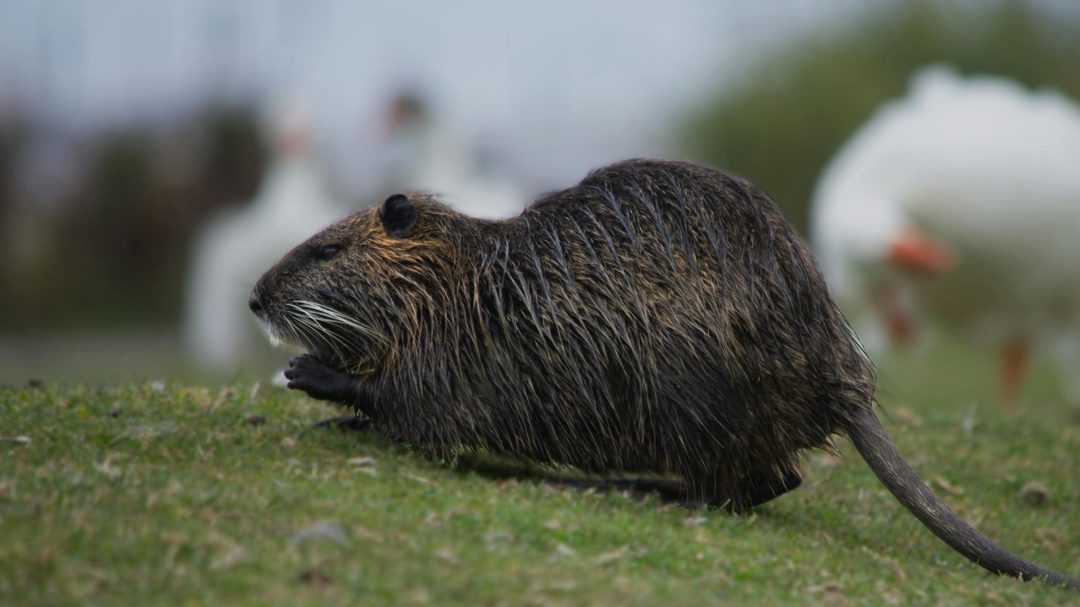
Nutria on every step
Krisztián Katona, associate professor at the Department of Wildlife Biology and Wildlife Management of the Hungarian University of Agricultural and Life Sciences (MATE), talked the problems related to nutrias in the Természet Világa magazine.
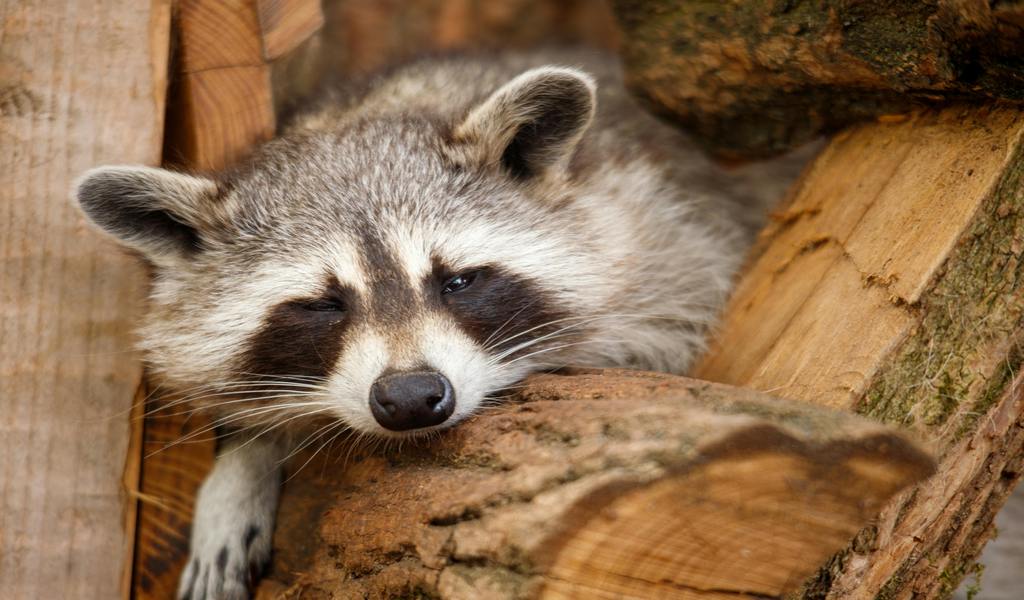
Although cute, the raccoon can be dangerous even in our country
The invasive alien species causes natural and economic damage, spreads parasites and infections, and is very prone to move into cities.
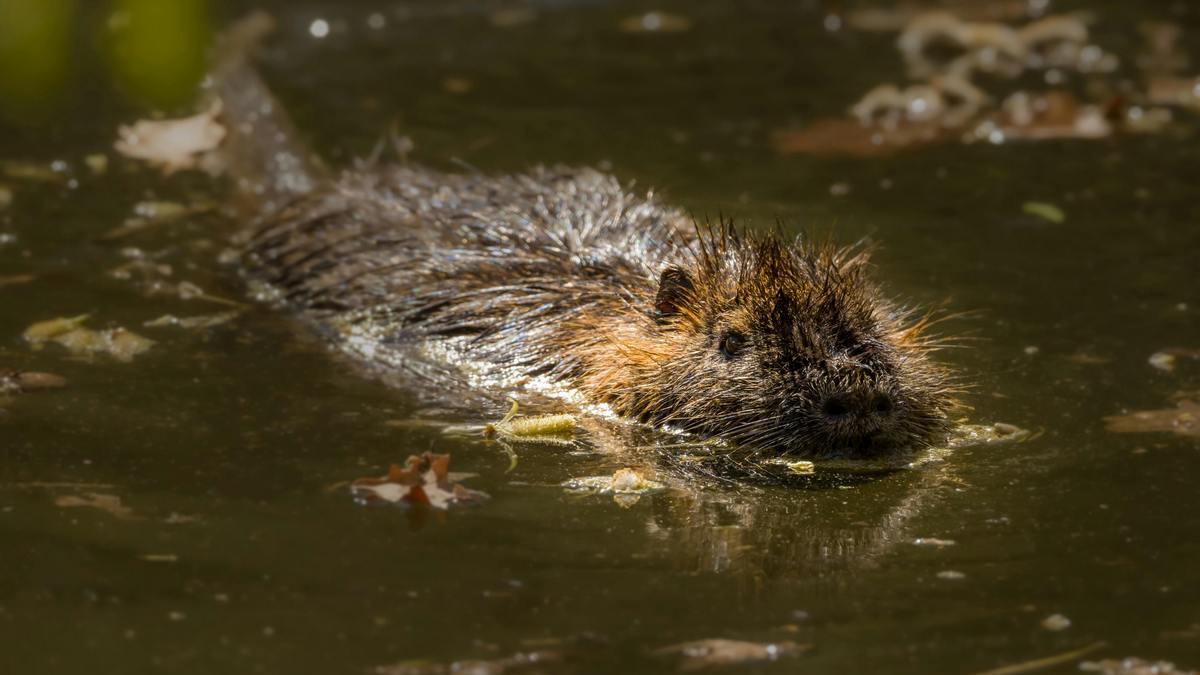
Intensive spread of the coypu in Hungary
Large, invasive rodents can cause serious natural and economic damage.
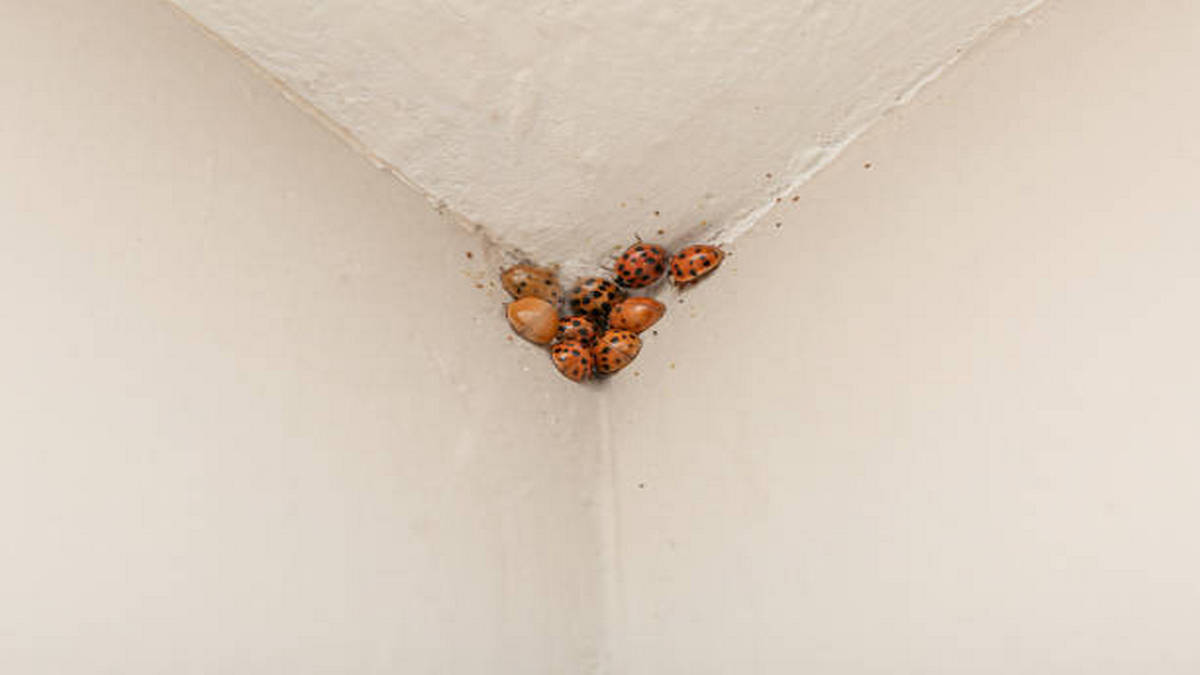
Are invasive species the cause of our demise?
The Invasion Biology Division led by HUN-REN CER has also taken up the fight against invasive species.

You can help fight epidemics by taking a photo of what your cat has preyed
Tamara Szentiványi spoke about their results published in Mammal Review journal.

Raccoon and Coypu research in Kossuth radio.
Krisztián Katona talked about the raccoon and Coypu research in Kossuth radio.
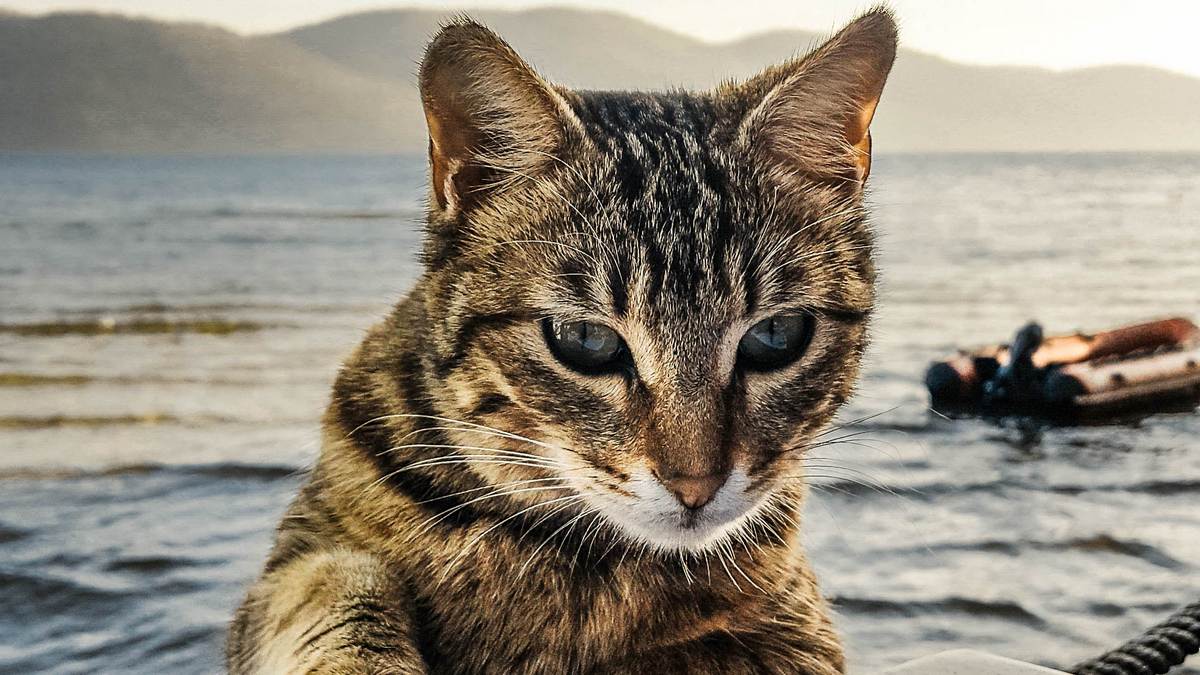
A previously unknown coronavirus has killed thousands of cats in Cyprus, but should we be afraid of it in Hungary?
Tamara Szentiványi, a researcher at the Institute of Ecology and Botany of the HUN-REN Centre for Ecological Research, and the Invasion Biology Division of the National Laboratory for Health Security, commented on the FCoV-23 virus causing an epidemic among Cypriot cats.

Where does the European true bug invasion come from, and is a global bedbug pandemic justified?
Quibit investigated with Tamara Szentiványi, research fellow of the Evolutionary Ecology Research Group of the Hungarian Research Network’s Centre for Ecological Research and researcher of the Invasion Biology Division of the National Laboratory for Health Security, whether the increase in bedbugs in Europe is a real phenomenon, and if so, what is causing the invasion?
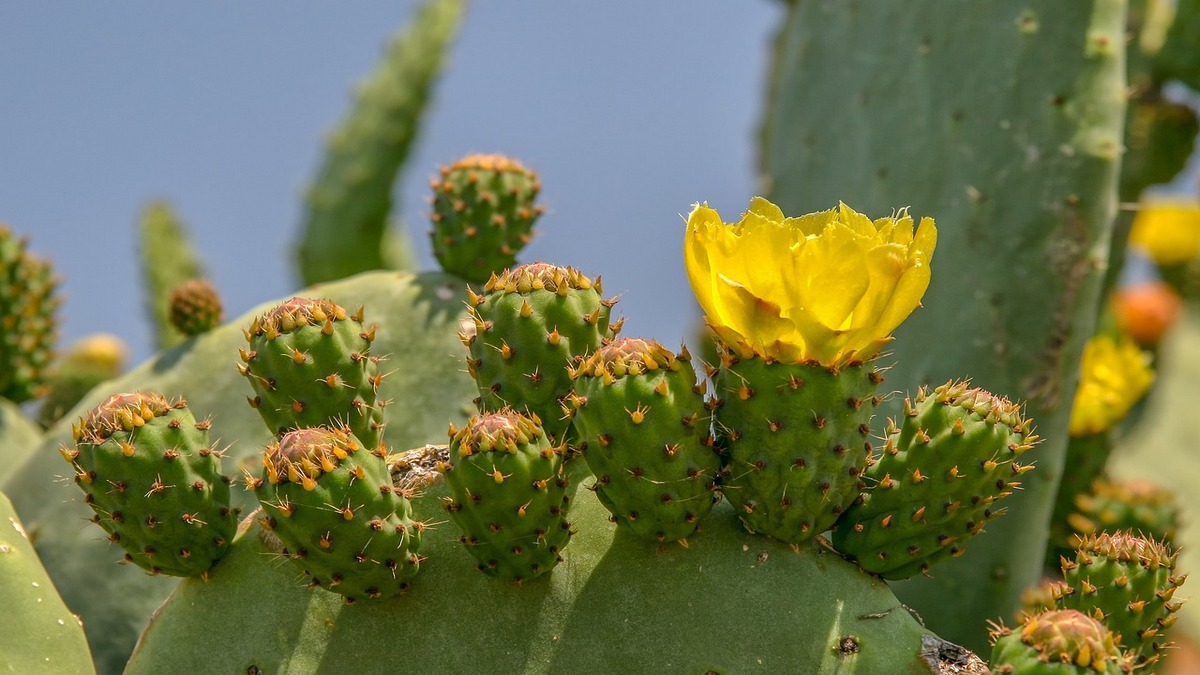
Our lives are going wrong, and more than three thousand people are to blame
They threaten the economy, food security, health and quality of life.
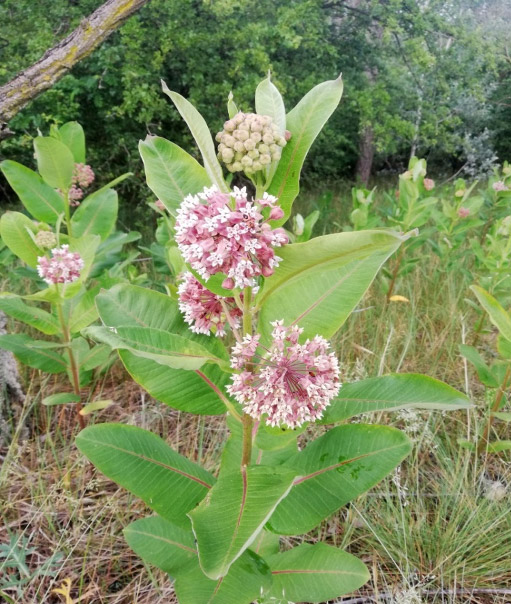
Our researchers talked about their work on Kossuth radio’s Napközben programme
In the programme, László Zsolt Garamszegi, head of the Invasion Biology Division, talked about the mission of the national laboratory, […]

Why the panic over the tiger mosquito?
West Nile fever virus has not yet been detected in tiger mosquitoes In Hungary and no areas are excluded from […]
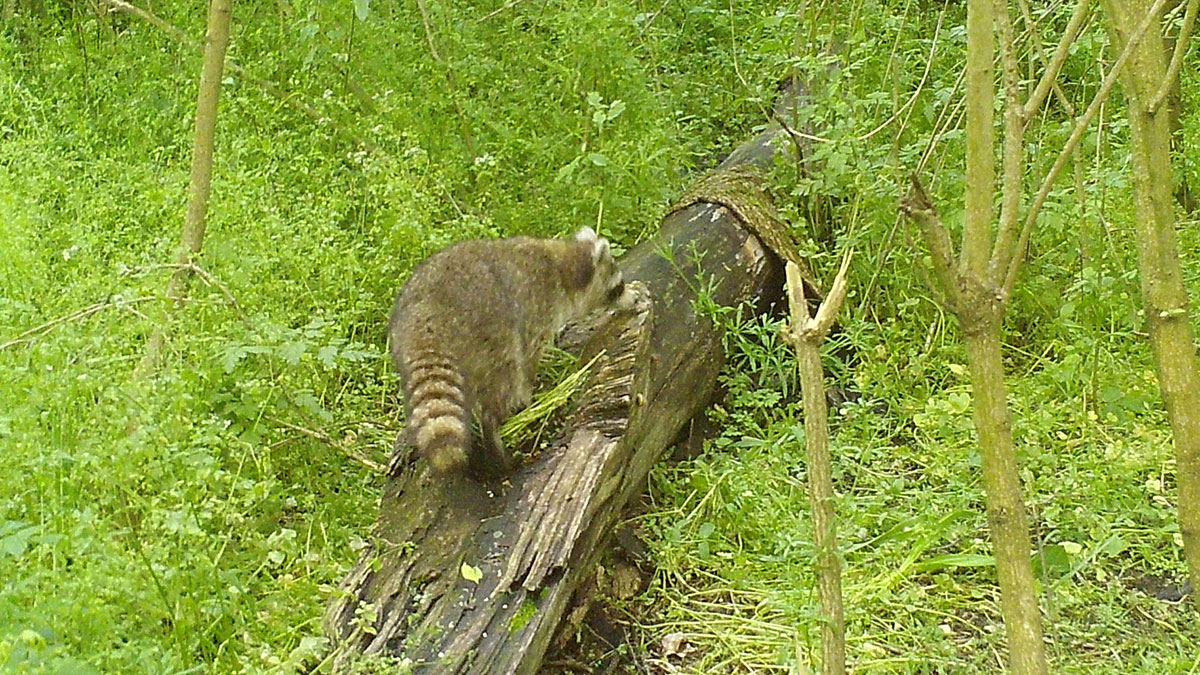
Slowly, the raccoons can really open a laundromat near Budapest
Researchers from the Hungarian Agricultural and Life Sciences University (MATE) in Gödöllő filmed wild raccoons in a forest 30 km from Budapest.


